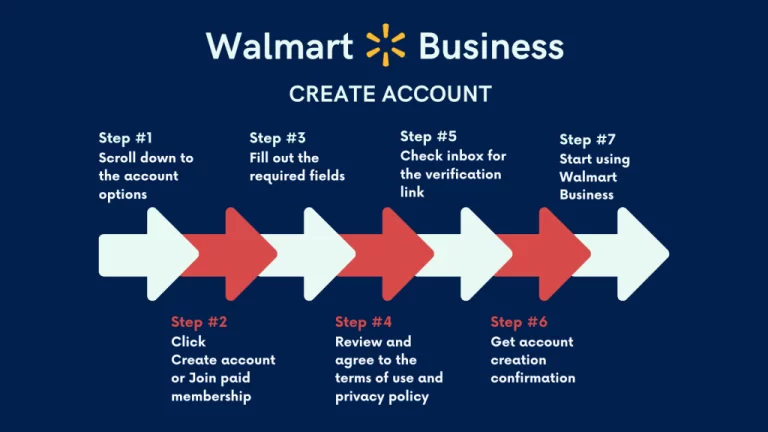Driving is a necessary skill that almost everyone learns at some point in their lives. Driving, on the other hand, can be a challenging and nerve-racking experience for new drivers. New drivers must overcome numerous challenges, such as navigating busy roads and mastering complex vehicle controls, all while adhering to traffic laws. Here are some of the difficulties that new drivers face:
- Nervousness: For many new drivers, the most difficult challenge is simply getting behind the wheel. This nervousness can cause mistakes and make it difficult to concentrate on the road.
- Traffic: For new drivers, busy roads and highways can be overwhelming. It takes a great deal of concentration and attention to navigate through traffic and avoid collisions. New drivers must learn how to merge, change lanes, and maneuver through congested intersections.
- Vehicle controls: New drivers must learn how to control their vehicles, including how to accelerate, brake, and turn. These controls can be especially difficult for new drivers who have never driven before.
- Traffic laws must be learned and followed by new drivers, including speed limits, signals, and signs. Failure to obey traffic laws can lead to accidents and violations.
- Understanding road conditions: New drivers must also learn how to respond to various road conditions such as bad weather, road construction, and vehicle breakdowns. These circumstances can be unpredictable, necessitating quick thinking and sound judgment.
- Despite these obstacles, becoming a skilled driver is attainable with practice and perseverance. Beginning with short trips in low-traffic areas, new drivers should gradually increase their driving experience as they become more comfortable behind the wheel. New drivers should also seek advice from experienced drivers, such as parents or driving instructors.
To summarize, driving can be challenging for new drivers, but it is also an important skill that opens up a world of opportunities. New drivers can overcome the challenges they face and become confident and safe drivers on the road with time, practice, and determination.
A brief overview of the fundamentals that a new driver should be aware of is provided below.
- Traffic laws and regulations: It is critical for new drivers to become acquainted with their state’s or country’s traffic laws and regulations. This includes traffic laws, speed limits, traffic signs and signals, and other rules.
- Vehicle Maintenance: Regular vehicle maintenance is required to ensure proper operation and to avoid breakdowns on the road. All drivers should be familiar with basic tasks such as checking tire pressure, oil levels, and brakes.
- Safe driving habits: New drivers should concentrate on developing safe driving habits such as following speed limits, avoiding distractions, using turn signals, and wearing seat belts.
- Dealing with Emergencies: Roadside emergencies can occur at any time, and new drivers must be prepared to deal with them. This includes being able to change a tire, jump-start a car, and react to other unexpected events.
- Understanding road signs and signals: Road signs and signals are essential for driver communication, and new drivers must understand them. This includes understanding the significance of various road signs, traffic lights, and signals.
- Sharing the road: New drivers should be mindful of other road users, including cyclists, pedestrians, and larger vehicles. It is critical to give them adequate space and be aware of their presence on the road.
- Defensive driving: New drivers should adopt a defensive driving style, anticipating other drivers’ actions and being prepared for potential hazards. This entails paying attention to the road and other drivers, as well as being able to respond quickly and safely to any situation.
- The consequences of driving under the influence: Driving under the influence of drugs or alcohol is both illegal and extremely dangerous. New drivers should be aware of the serious consequences of this behavior, which include the possibility of being involved in an accident, paying large fines, and even serving time in jail.
Finally, these are some of the fundamentals that new drivers should be aware of. New drivers can improve their driving skills, become safer on the road, and avoid potential hazards by following these guidelines. Always drive cautiously, stay alert, and follow all traffic laws and regulations.











+ There are no comments
Add yours